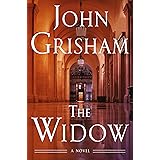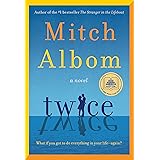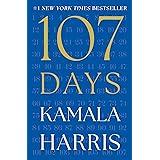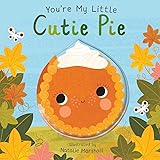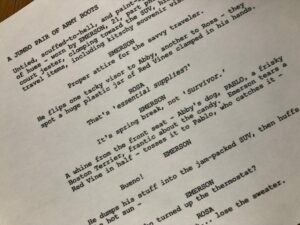“Six Years of Laughs: The Surprising Wisdom Behind Running a Humor Website That Changed Everything”
When did humor writing become a tightrope act between honesty and hilarity? As I’ve spent nearly a decade weaving my way through punchlines and puns, I’ve come to realize it’s more of a circus skit than a formal performance. I’ve learned that great humor comes from being authentic while skillfully addressing the absurdities of life—like trying to laugh while balancing a giant rubber chicken on your head! In this exploration of humor writing aphorisms, we’ll dive into the essence of what makes a piece resonate. From crafting irresistible headlines to recognizing the common pitfall of overcomplication, let’s unpack the wisdom I’ve gathered from years of laughing and editing. Ready to find that sweet spot where laughter meets insight? Buckle up—you’re in for a humorous ride! LEARN MORE.

Some aphorisms about humor writing
I’ve been a humor writer for eight years, and an editor of a comedy site — Slackjaw on Medium — for six of those years.
This is where I’m supposed to say, “Wow, it feels like only yesterday that I started out as a humorist.” But no, it feels like six to eight long years. Time has passed, subjectively, at precisely the expected rate. Beautiful.
I recently took everything I’ve learned about humor writing and turned it into a short book. Here are some big-picture ideas from that book.
Call these my “humor writing aphorisms,” gleaned from editing other people’s writing, being a humor gatekeeper, and trying to make my own comedy as funny as possible.
A humor piece does best when it hooks the reader with the headline and the first paragraph. You want to grab attention quickly.
To hook the reader means the piece either makes the reader laugh or makes them go, “Whoa, I’m intrigued. Where is this going?”
It’s far more common to overcomplicate a humor piece than to under-complicate it. I will often reject a piece for being too complicated or confusing, but I’ve never once rejected a piece for being too simple.
